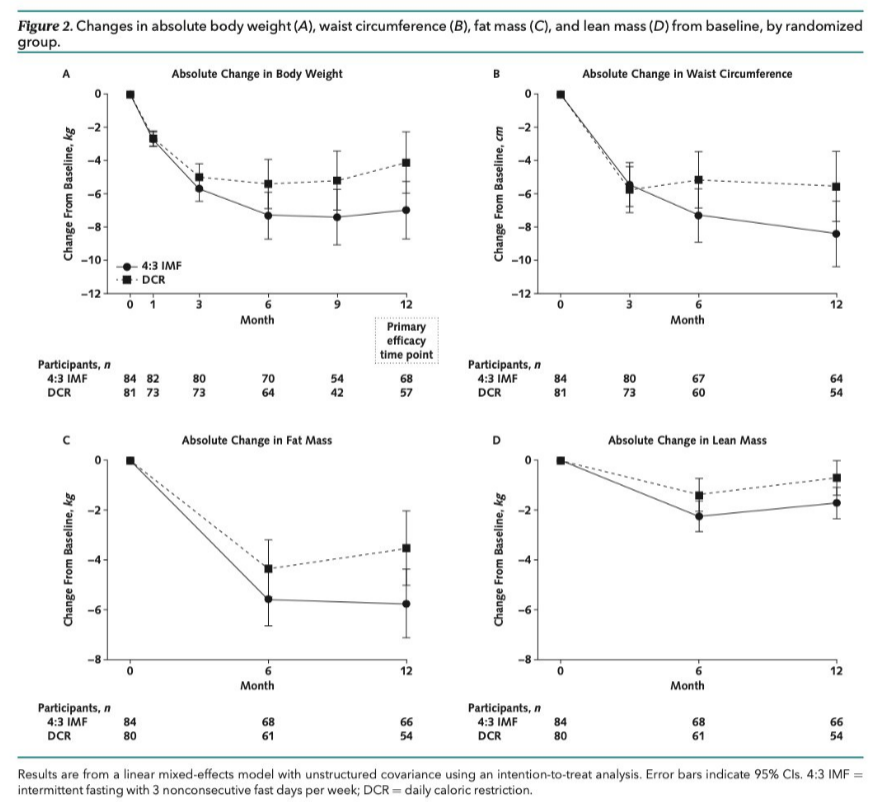In an interesting conversation with Tim Ferriss, Dr. Rhonda Patrick touched on the fact that intermittent fasting is primarily a tool for weight loss through caloric restriction.
Dr. Patrick identified several key motivations.
“First and foremost, I think most people like doing intermittent fasting because they actually want to lose weight,” she explained. “And the weight they want to lose is not necessarily their lean body mass. And that’s a big reason why people do intermittent fasting.”
But, she highlighted that intermittent fasting functions primarily as a tool for weight loss through caloric restriction.
“It turns out that intermittent fasting is more of a tool for weight loss,” she noted. “And what I mean by that is that there have been multiple studies that have looked at different types of intermittent fasting in more of a community-dwelling context, where people are free to eat the way they’re going to eat but are supposed to be practicing intermittent fasting. And what has been discovered is that people naturally end up eating about 200 fewer calories per day when they’re doing some form of intermittent fasting.”
In a tweet she previously explained: “A modified form of intermittent fasting reduced body weight by 8% and improved body composition and insulin sensitivity over one year, outperforming daily calorie restriction.”

“A new randomized controlled trial compared a regimen of 4:3 intermittent fasting (cutting calories by 80% on 3 non-consecutive days a week) with standard daily calorie restriction over a full year.”
“Modified fasting led to 3% greater weight loss than daily calorie restriction—reducing body weight by 7.7 kg compared to 4.8 kg. Fat mass also dropped notably more with modified fasting (a 15% vs. a 10% reduction). In addition:
– Fasting reduced BMI by 2.7 points compared to a 1.7-point reduction with daily calorie restriction.
– Fasting improved insulin sensitivity nearly two-fold more than daily calorie restriction.
– No meaningful differences emerged in blood pressure or total cholesterol.”
“While I’m more skeptical of chronic, long-term dietary restriction for meaningful life extension, as one of a number of tools for ameliorating metabolic disorders, it may still have its place.”
Dr. Patrick was careful to distinguish between weight loss and other metabolic benefits.
“That doesn’t necessarily mean that everything beneficial about intermittent fasting comes down to calories, because it doesn’t,” she clarified. “But the weight loss definitely seems to come down to the calories, because if you keep calories the same and then have people do intermittent fasting or not do intermittent fasting, they won’t lose weight — but they will have a whole host of metabolic benefits.”


